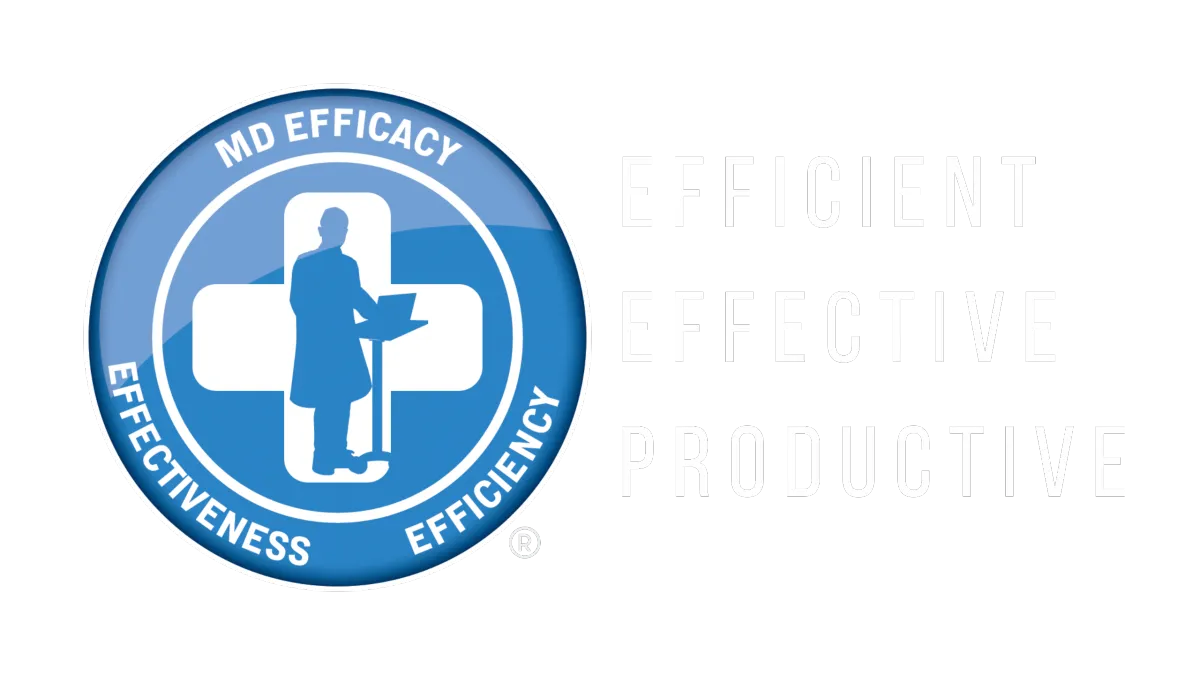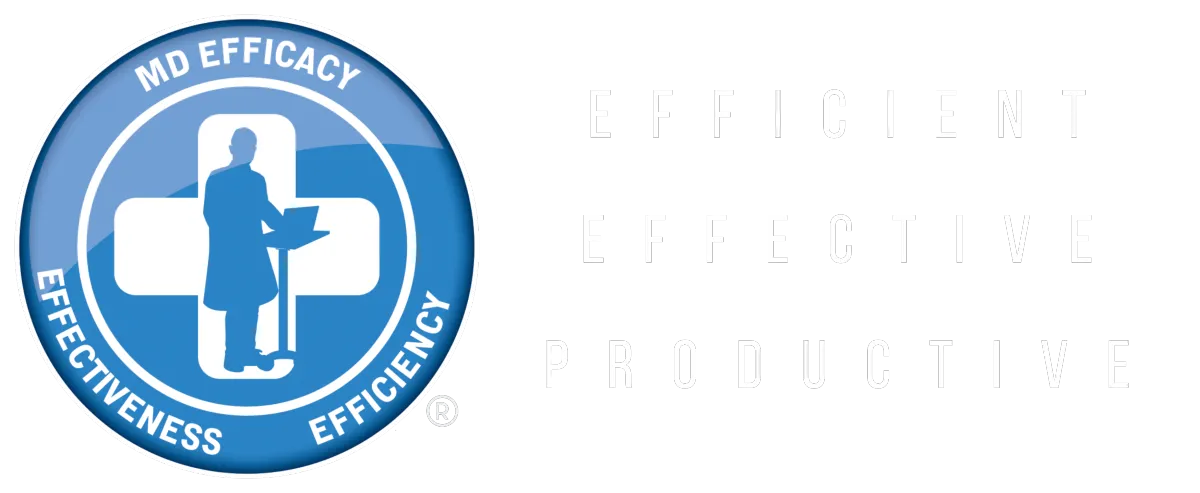Is Your Coder Your Friend? – Physician Productivity Series
Posted Mar 3, 2025
Is your coder your friend? Are they the ones you need to trust 100% in the billing and coding decisions?
There are many intricacies in that. So listen here and be careful because this is very important. And this is part of our physician productivity series.
First, what is the level of education of the one in charge of your billing and coding? From a medical standpoint, gosh, very little—maybe from high school. They may have gotten a bachelor's or even a master's in billing and coding, but not in medicine. So they do not understand medicine as you do.
They understand what is billing, what is coding, what are the CPT codes, what are the ICD-10 codes, and all of the coding guidelines. Yeah, they are the pros in that, but not in the medicine. So you need to know that very well. They cannot tell what the risk is unless you specify the risk in your note explicitly and clearly for them to understand it.
So when you talk to them, you need to understand where they are coming from and where you are coming from. You are looking at different pieces of this big thing, which is billing and coding.
Second, which is very important, what is in their best interest? What is going to make them happy? And does it align with you or not? What is in their best interest is to avoid audits. And if they get audited, they want to stand it. That is what they are really looking for.
They are not there to support you to bill the max you can. No! They are there to make sure that the charges are correct. And if they are incorrect, to ensure that you fix them so that you don't get flagged.
In the world of billing and coding, it goes with averages. What counts as high complexity for you may be very different from the coding guidelines. The coding guidelines are set to be universal all through the US, and there are no negotiations around them.
The Center for Medicare and Medicaid Services (CMS) decides what counts as low complexity, moderate complexity, and high complexity. And we all abide by these rules. They try to make them as explicit as possible to minimize confusion and ensure that we all speak the same language.
If you go to Statistics 101, you're going to find the inverted bell curve. You have outliers—whether low or high. And most people are in the average. And when you do that, you will not get flagged, and you will have a smooth sail.
The problem is when you start charging high complexity because then you may get flagged. And when you get flagged, you will get audited. And when you get audited, if you fail the audit, you may need to pay back.
Why does your coder fear audits? That's a very important question for you to know. Let's take an example here.
Let's say one of the common insurers you work with sent you a letter in the mail saying, "Doctor X, would you mind sending us 30 notes for the patients you see with us?" And you send these notes to them, and they review them.
And they can come back to you and say, "You know what? Among these 30 notes you sent us, 70% were overcharged. This should have been moderate complexity, and you charged high complexity."
If you charge low complexity, you're fine. No one is going to audit you. They really appreciate your work and help because they pay less money, and money talks here. The less money they pay, the happier they will be.
But let's say that you think you master your billing and coding, and you’re charging much higher complexity. If they come back to you after auditing the 30 notes and say, "You know what? 70% of these notes were overcharged, and the average overcharge amount that we paid you is 50 bucks. And you saw 5,000 patient encounters of our patients in the past five years since you started contracting with us."
So keep in mind, they are going in retrospect from the beginning of their relationship with you. They are not auditing all of that period of time. They are auditing a teeny tiny bit and extrapolating all of this information to all of the patient encounters.
They did the math and said, "You know what? 5,000 patient encounters. You overcharged 70% of them. This comes to 3,500 encounters. And the average overcharge that they paid you for that is $50."
Let's do a quick math here. 3,500 by $50 per encounter. This comes to $175,000 that you need to pay, and you will pay them to settle this issue. And there is no joke about that.
That's why your auditor and coder will be very reluctant to see you overcharging or charging by higher complexity, and they tend to be more stringent in the criteria with you.
Now, this is one way of thinking about it. The other way of thinking about it: Let's think about your specialty. Whether you are in medicine or surgery, will you reject seeing a complex patient, or are you going to celebrate seeing them? Will you try to help them, or are you going to be fearful of liability and complications?
We spent many years in medicine. We should be doing our best, and we strive to help patients the best we can with what we got. Many times, we have difficult discussions with the patients. And sometimes we go through procedures that can be high risk. But we have the discussion, and if the patient agrees and we have the skill, we move forward. Many times, we get excellent outcomes.
So we should not be fearful in medicine as long as we know what we are doing. The main problem is when we don't know what we are doing.
And that's why it's important to ask: Are you getting all of your information about billing and coding from your coder, or are you getting it from those who are very experienced in billing and coding as physicians?
I'll continue to create content to educate and shed light on this very important topic. You need to master your business.
And last but not least, the guidelines change all the time. It is very important to keep up to date every year with the new coding and billing guidelines.
And this is why your biller and coder are extremely valuable resources. They are on top of that. They're going to tell you what is happening, and if you sign up for the CMS newsletter, you're going to find it very useful as well because they will keep you informed.
So stay on top of your game and keep up the great work. And now, think about billing and coding until I see you in the next video. Thank you for watching.
MD Efficacy © 2026, All Rights Reserved.
By visiting this page, you agree to Terms of Use, Privacy Policy, & Earnings Disclaimer.

